
IHC-P analysis of mouse heart tissue using GTX00973 MLKL (phospho Ser358) antibody. The sample was formaldehyde fixed and a heat mediated antigen retrieval step in citrate buffer was performed. Dilution : 1:100
MLKL (phospho Ser358) antibody
GTX00973
ApplicationsWestern Blot, ELISA, ImmunoHistoChemistry, ImmunoHistoChemistry Paraffin
Product group Antibodies
ReactivityHuman, Mouse, Rat
TargetMLKL
Overview
- SupplierGeneTex
- Product NameMLKL (phospho Ser358) antibody
- Delivery Days Customer9
- Application Supplier NoteWB: 1:500-1:2000. IHC-P: 1:50-1:200. *Optimal dilutions/concentrations should be determined by the researcher.Not tested in other applications.
- ApplicationsWestern Blot, ELISA, ImmunoHistoChemistry, ImmunoHistoChemistry Paraffin
- CertificationResearch Use Only
- ClonalityPolyclonal
- Concentration1 mg/ml
- ConjugateUnconjugated
- Gene ID197259
- Target nameMLKL
- Target descriptionmixed lineage kinase domain like pseudokinase
- Target synonymshMLKL, mixed lineage kinase domain-like protein
- HostRabbit
- IsotypeIgG
- Protein IDQ8NB16
- Protein NameMixed lineage kinase domain-like protein
- Scientific DescriptionThis gene belongs to the protein kinase superfamily. The encoded protein contains a protein kinase-like domain; however, is thought to be inactive because it lacks several residues required for activity. This protein plays a critical role in tumor necrosis factor (TNF)-induced necroptosis, a programmed cell death process, via interaction with receptor-interacting protein 3 (RIP3), which is a key signaling molecule in necroptosis pathway. Inhibitor studies and knockdown of this gene inhibited TNF-induced necrosis. High levels of this protein and RIP3 are associated with inflammatory bowel disease in children. Alternatively spliced transcript variants have been described for this gene. [provided by RefSeq, Sep 2015]
- ReactivityHuman, Mouse, Rat
- Storage Instruction-20°C or -80°C,2°C to 8°C
- UNSPSC12352203
References
- Ma Y, He F, Chen X, et al. Low-frequency pulsed electromagnetic fields alleviate the condylar cartilage degeneration and synovitis at the early stage of temporomandibular joint osteoarthritis. J Oral Rehabil. 2024,51(4):666-676. doi: 10.1111/joor.13636Read this paper
- Katiyar P, Banerjee S, Nathani S, et al. Triclosan-induced neuroinflammation develops caspase-independent and TNF-α signaling pathway associated necroptosis in Neuro-2a cells. Curr Res Toxicol. 2022,3:100072. doi: 10.1016/j.crtox.2022.100072Read this paper


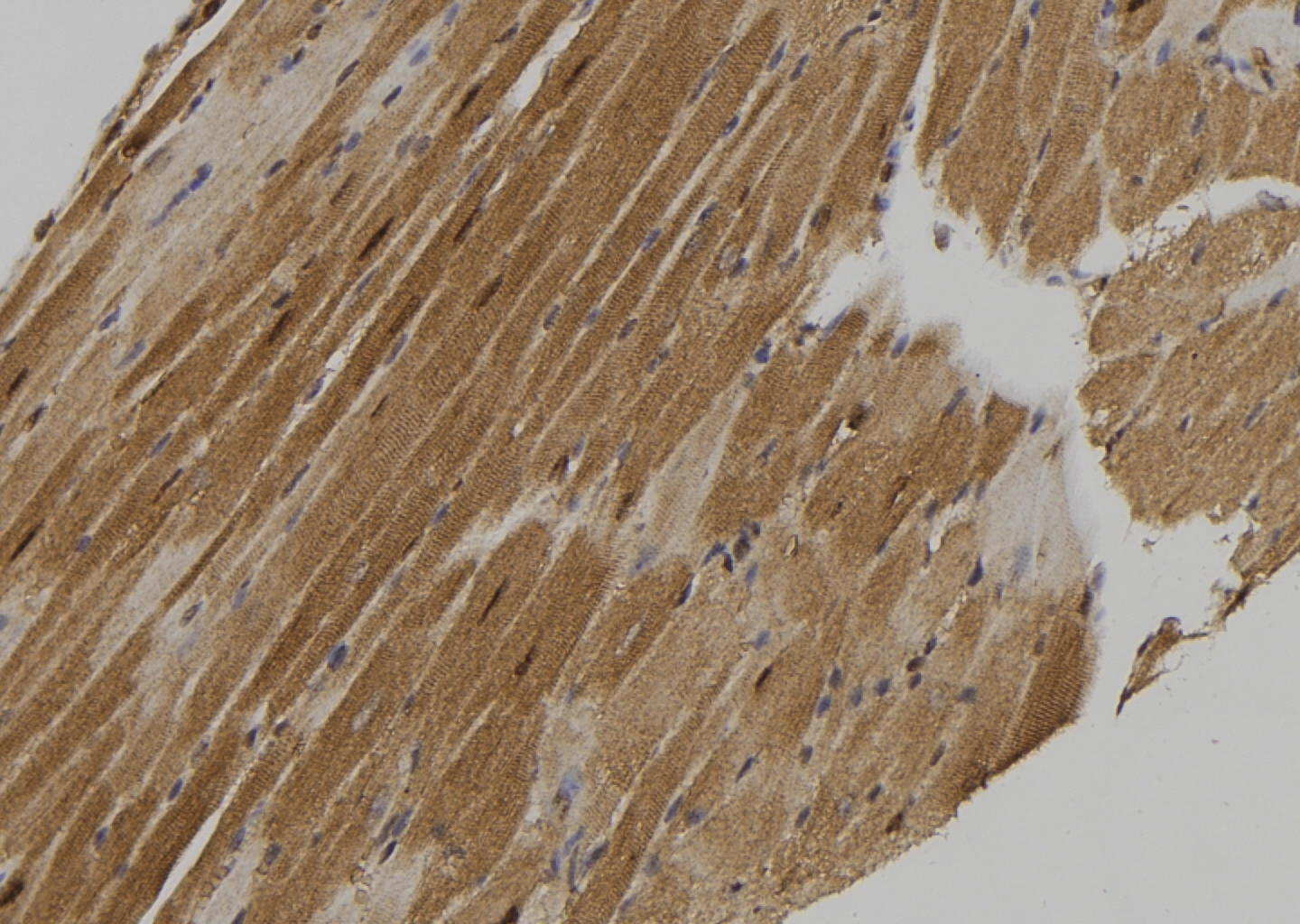
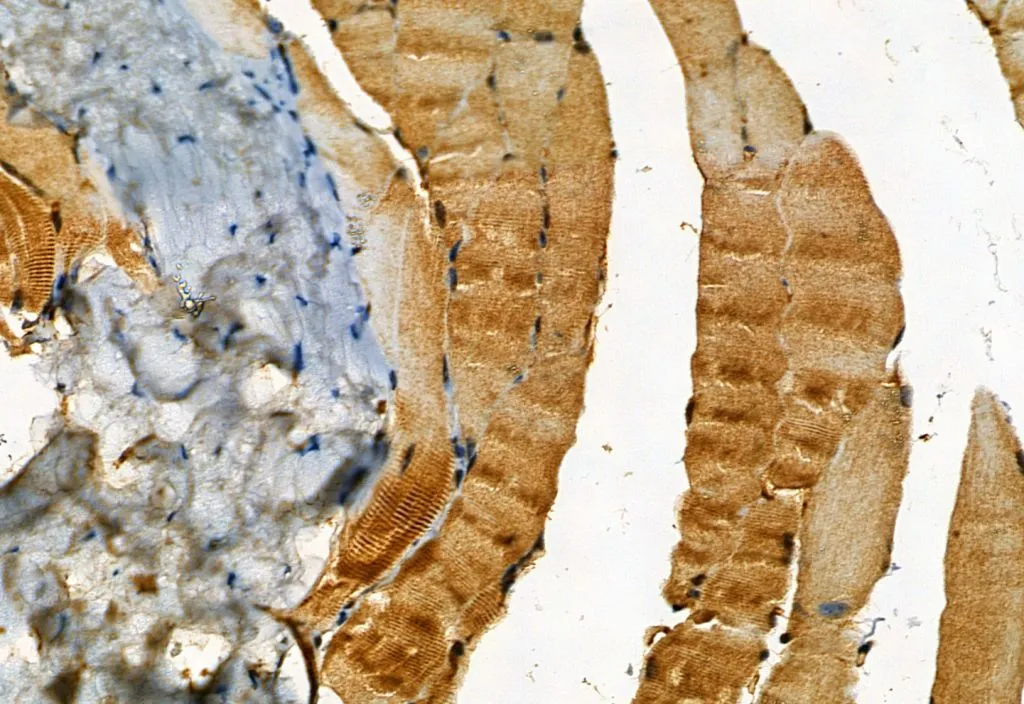
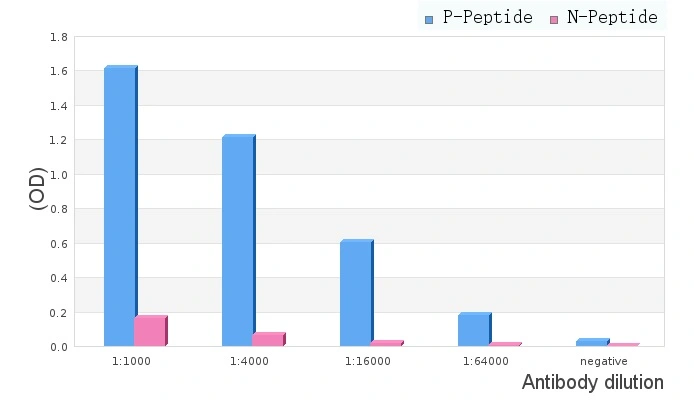
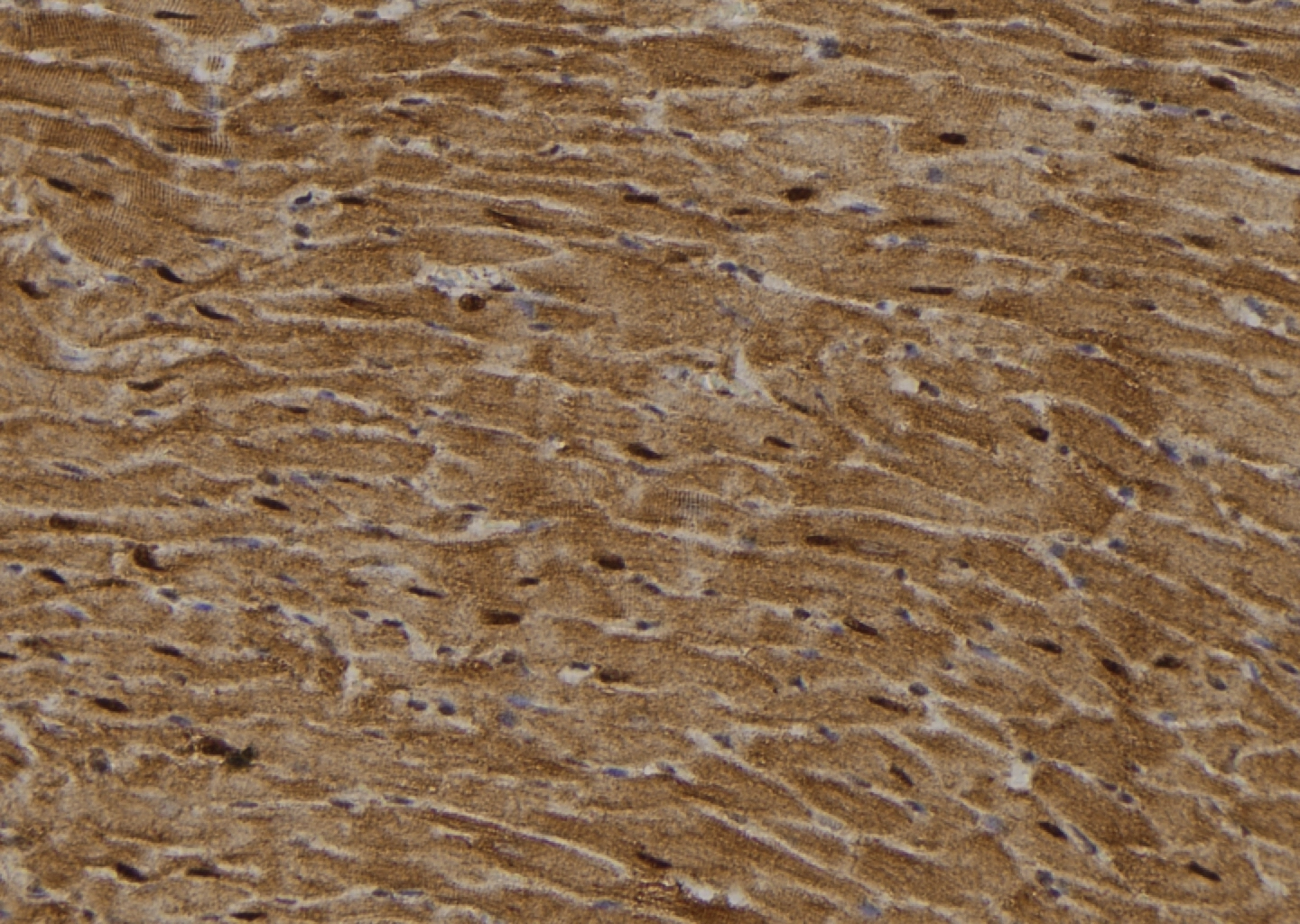
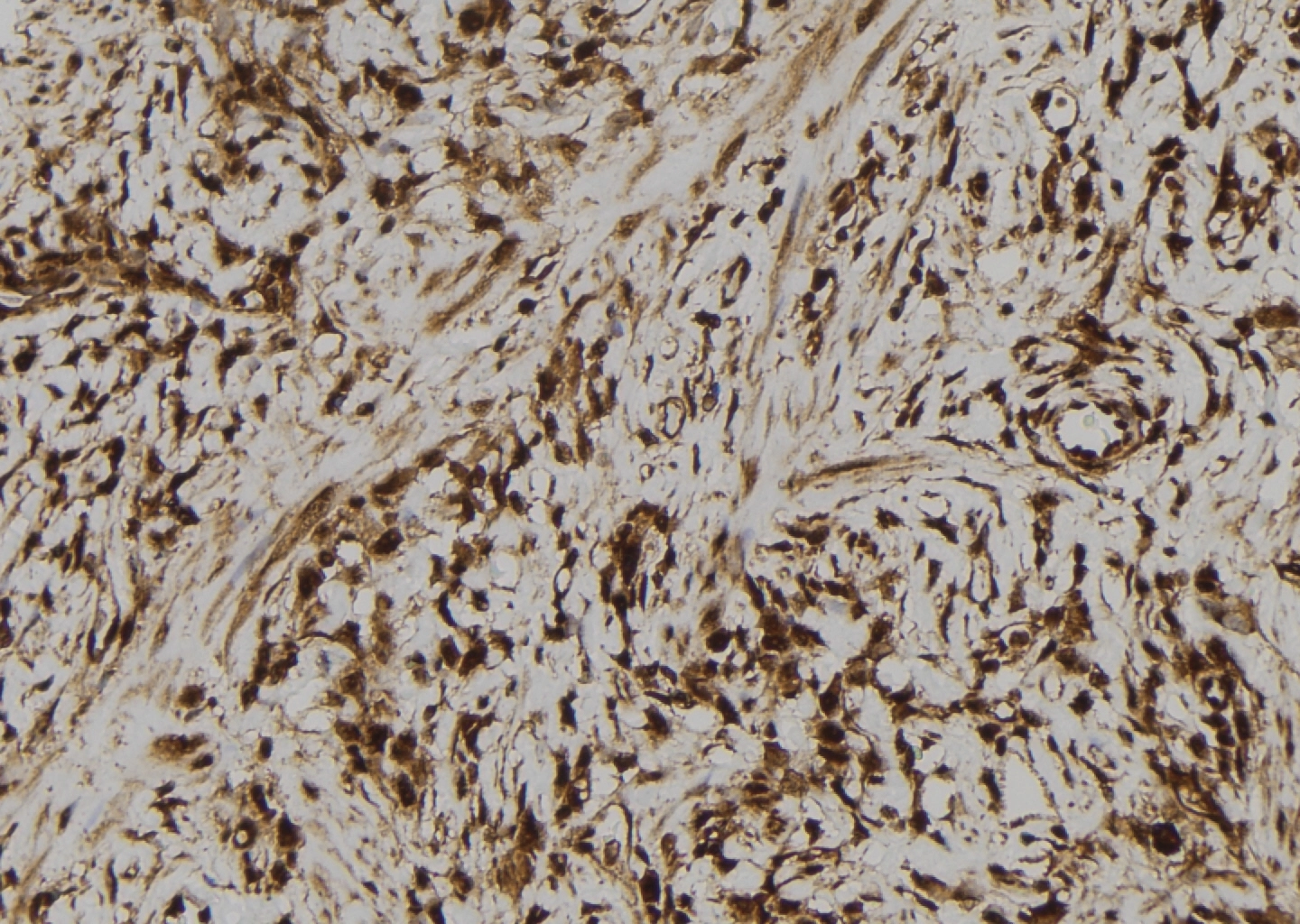
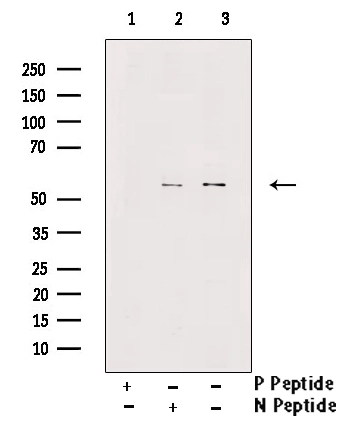
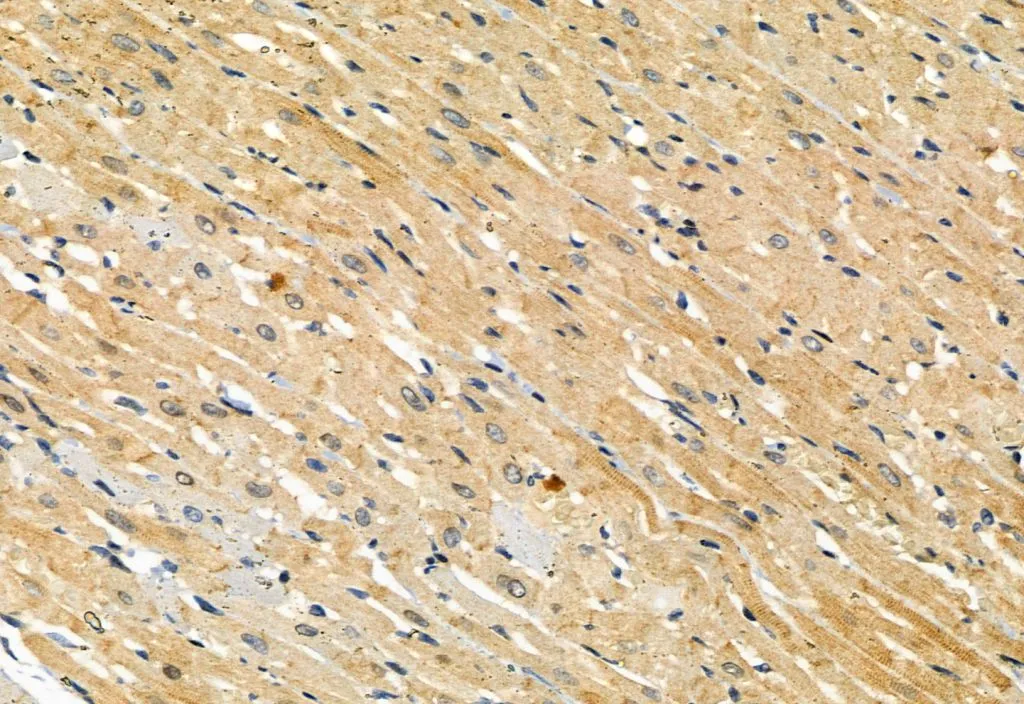

![WB analysis of wild-type (WT) and MLKL knockout (KO) HeLa cell extracts using GTX00953 MLKL antibody [GT1191]. Dilution : 1:1000 Laoding : 25μg](https://www.genetex.com/upload/website/prouct_img/normal/GTX00953/GTX00953_20200327_WB_1_w_23053121_102.webp)
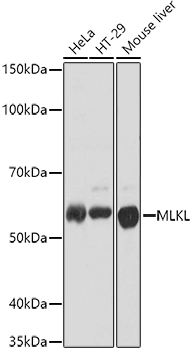
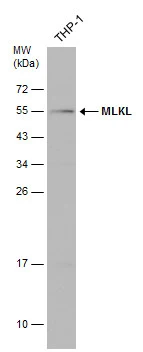
![Various whole cell extracts (30 μg) were separated by 12% SDS-PAGE, and the membrane was blotted with MLKL antibody [HL1849] (GTX637574) diluted at 1:1000. The HRP-conjugated anti-rabbit IgG antibody (GTX213110-01) was used to detect the primary antibody.](https://www.genetex.com/upload/website/prouct_img/normal/GTX637574/GTX637574_44872_20221125_WB_22112723_689.webp)


